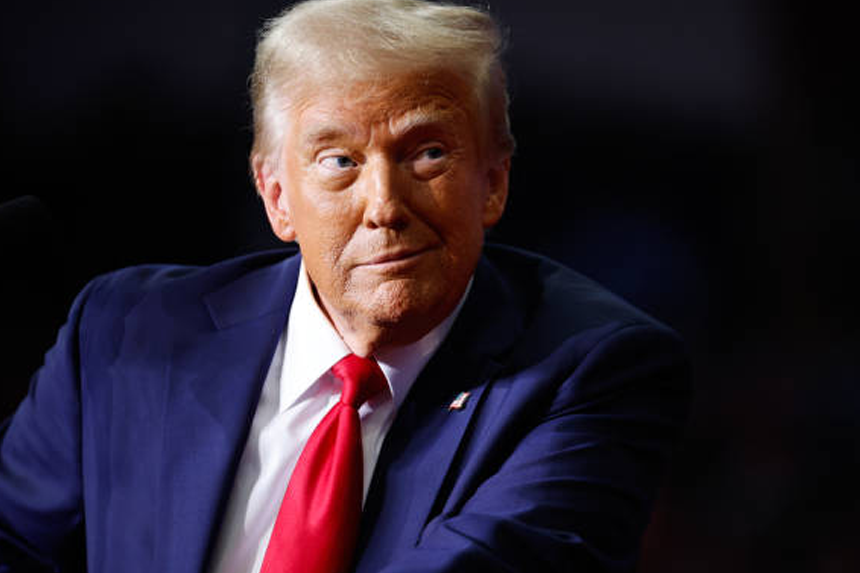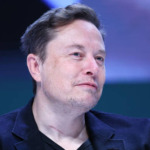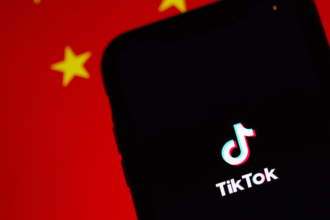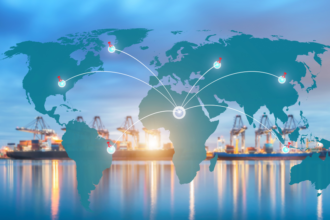President-elect Donald Trump is not showing any indication of backing down from his divisive ideas to acquire Greenland and the Panama Canal, which he says are essential for American national security. During a news conference at his Mar-a-Lago resort in Florida, citing their military and economic relevance about US territorial expansion, Trump reaffirmed his wish for the United States to rule both areas.
Trump answered straightforwardly when asked whether he would rule out employing military or financial force to seize the autonomous Danish province of Greenland or the Panama Canal: “No, I can’t assure you on either of those two.” He rapidly added, “But we need them for economic security.” His comments set off a global discussion on the consequences of such territorial aspirations since many questioned whether they would indicate the start of US territorial expansion.
Though Trump insists, Denmark and Panama have turned down any idea of giving up these areas. Denmark has affirmed unequivocally that Greenland belongs to the Greenlanders and that local people will make all future decisions.
Under His US Territorial Expansion Plan, What Does Trump See for Canada?
Trump’s territorial aspirations grew even more when he voiced discontent with the US-Canada relationship. Calling the shared border between the two countries “an artificially drawn line,” he questioned the US’s significant spending on defending Canada. The presidential nominee maintained that Canada ought to join the US.
“They should be a state,” Trump said during the news conference, implying that the union made sense given the country’s proximity to the US and shared past with that nation in line with his larger US territorial expansion plan. Leaders of Canada immediately rejected his remarks. Dismissing the proposal, outgoing Canadian Prime Minister Justin Trudeau said there isn’t “a snowball’s chance in hell” that the two nations would combine.
Why is US territorial expansion and national security dependent on Greenland so significant?
Trump has underlined Greenland’s strategic importance to the United States several times, particularly for military needs. He noted that the island has a sizable American space complex and runs the quickest path from North America to Europe. Furthermore, Greenland boasts large reserves of rare earth minerals necessary to manufacture high-tech gadgets and batteries.
“Greenland is essential for our efforts to safeguard the free world,” Trump stated. He underlined that tracking Chinese and Russian ships, which, in his opinion, are “all over the place,” depends on US sovereignty of the territory.
A trip to Greenland by Trump’s son, Donald Trump Jr., underlined his curiosity about the island. Trump Jr. said that before landing in Nuuk, Greenland’s capital, his travel was a “personal day trip” to see folks without official government engagements booked. Still, his presence brought questions regarding the political undertones of US territorial expansion in the area.
How did Denmark react to Trump’s ideas for US territorial expansion and Greenland?
Danish Prime Minister Mette Frederiksen clarified Trump Jr.’s visit and the more general question of Greenland’s status. “Greenland belongs to the Greenlanders,” she underlined in an interview, stressing that the people living there will make all future decisions about the land, not outside powers. She said, “Greenland is not for sale,” even though she appreciated Denmark’s collaboration with the United States.
The comments of the prime minister underlined Denmark’s dedication to preserving Greenland’s sovereignty despite military and economic links to the US, therefore contrasting with Trump’s ambition of US territory expansion.
His US Territorial Expansion Agenda, What Does Trump Want from the Panama Canal?
Trump’s comments also touched on the Panama Canal, which he has already said should be brought back under US authority. During the news conference, Trump reiterated that the canal “is vital to our country” and said China is “operatively running it.” Allegedly overcharging US ships to use the canal—a vital link between the Atlantic and Pacific Oceans—he has attacked the Panamanian administration for this behavior.
Declaring that there is “absolutely no Chinese interference” in the functioning of the canal, Panamanian President José Raúl Mulino swiftly refuted Trump’s assertions. Mulino made it apparent that the US does not suffer too much foreign influence, even though CK Hutchison Holdings, a corporation located in Hong Kong, controls two ports near the canal entrances.
Trump’s criticism of the canal’s restoration to Panama centers on US historical sovereignty over the territory. “Giving the Panama Canal to Panama was a huge mistake,” he said. He added that although he respected President Jimmy Carter, the choice to hand up authority was “a big mistake.” His remarks also imply a desire for expansion of US territory.
Is Trump Serious Regarding US Territory Expansion?
Trump’s aggressive remarks nonetheless make it unclear how serious he is about advancing territorial expansion. Canada, a nation with 41 million people and the world’s second-largest landmass, would significantly challenge any effort at annexation. Moreover, many analysts think that Trump’s remarks regarding Greenland, the Panama Canal, and Canada are more meant to generate discussion and strengthen his political identity than to reflect specific policy objectives connected to US territorial expansion.
Still, Trump’s rhetoric has spurred global worry about the possible fallout from such territorial aspirations. Given the historical background surrounding the annexation of these areas, his remarks have been attacked as unrealistic and imperialist.
During the US Territorial Expansion News Conference, Trump voiced what other divisive opinions?
Besides his speech on territorial expansion, Trump’s news conference was loaded with other offhand comments that begged questions. Claiming that wind turbines were “driving the whales crazy,” he advised renaming the Gulf of Mexico the “Gulf of America” and strengthened his opposition to wind power. He also went back over several baseless conspiracy theories, including the idea that the Islamist militant group Hezbollah participated in the US Capitol riot of 2021.
These comments and his demands for territorial expansion help explain the erratic nature of Trump’s political agenda as he plans his next moves in forming US national security goals and foreign policy.
In what ways are world leaders reacting to Trump’s territorial proposals?
DomesticLeaders, locally and internationally, rej at Trump’s ideas for territorial expansion as the globe watches. While some take his comments as a sign of his audacity in following American interests, others consider them an illogical and risky deviation from the complicated reality of world diplomacy. As his term goes on, it is unclear how far Trump will go in advocating for these territorial expansions and their effects on US relations with its friends and neighbors.








